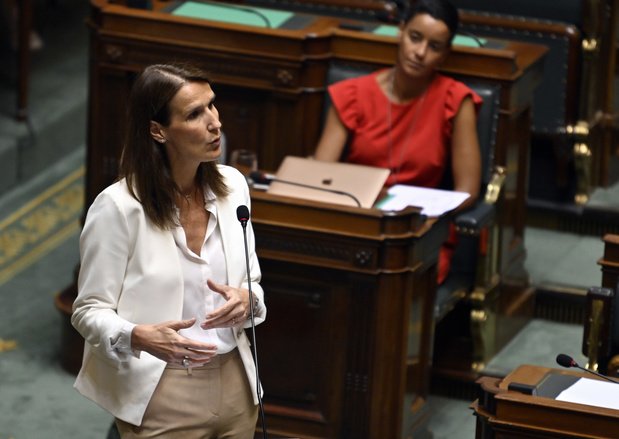Prime minister Sophie Wilmès has come to Belgium’s defence after a claim by the Economist Intelligence Unit (EIU) that the country’s response to the coronavirus pandemic was the worst of 21 members of the Organisation for Economic Cooperation and Development (OECD).
The judgement was based on three criteria: the number of tests carried out, the provision of non-Covid-19 healthcare and the number of excess deaths. The countries ranked were judged according to policy response; the result says nothing about the quality of care.
As well as the three criteria mentioned, the EIU report had also taken into consideration the level of obesity in the population, the number of people over the age of 65 and the numbers of international travellers passing through.
Taken together, that whole set of indicators saw Belgium take last place.
Related News
The prime minister repeated a point already made by experts like Professor Steven Van Gucht of the health institute Sciensano, that Belgium counted Covid-19 deaths differently from other countries, making comparisons impossible.
“It is true that Belgium has often been singled out for the mortality figures,” she told the parliament. “However, the way of counting deaths is fundamental, when we know that not all countries count deaths in the same way.”
While other countries might have been underreporting the number of mortalities in retirement homes, the Belgian figures are as accurate as they can be, especially after comparing the excess mortality with previous years. Virology professor Steven Van Gucht, the spokesperson of the federal health authority (Sciensano), told The Brussels Times in an interview in April that he believed in the figures.
Belgium has from the start counted deaths in care homes as Covid-related even in the absence of a positive test result, but if the symptoms correspond to those of the infection.
Other countries count only deaths confirmed by test, which is the case for all hospital deaths in Belgium.
In some cases, like the United Kingdom in the early stages, care home deaths were not included at all in the official death toll.
Another aspect of the difficulty with comparisons relates to population density.
“The spread of the virus is strongly linked to the population density of the country. Comparing Belgium with other much less dense countries like Australia or New Zealand makes little sense. It would be much more relevant to compare Belgium with similar European regions in terms of size and number of inhabitants.”
“We have to compare what is comparable, namely excess mortality, which does not depend on the counting system. And in this case Belgium is far from being able to be singled out. Does that mean that the management of the crisis has been perfect? That's not what I mean, I'm just saying that you have to look at the methodology and the sources in order to avoid drawing conclusions that are more catastrophic than reality.”
• Meanwhile De Standaard has revealed that at the height of the crisis in April, the federal public health ministry headed by Maggie De Block told the head of crisis management, Tom Auwers, to step back and let a former chief of staff at the ministry, now in retirement, take over the reins.
The ministry’s case against Auwers was that his administration had been slow to react to the lack of personal protective equipment for medical staff, as well as the shortage of tests singled out by the EIU.
Auwers was then replaced by Christian Decoster, aged 69, who had headed the ministry for 25 years. At that point only, a crisis cell within the ministry was set up.
Alan Hope
The Brussels Times

